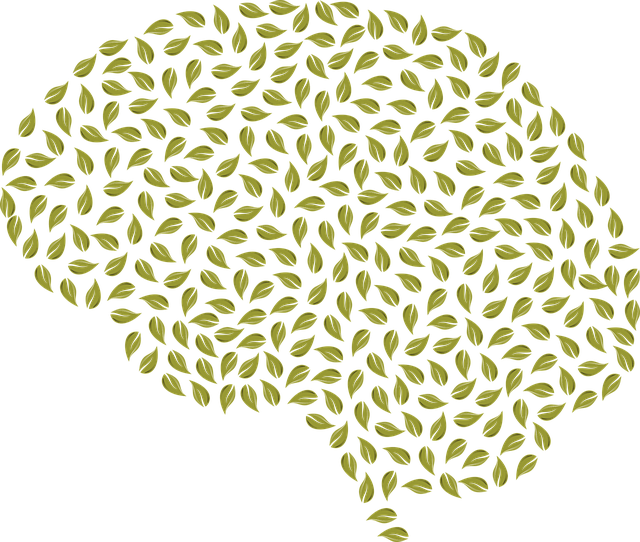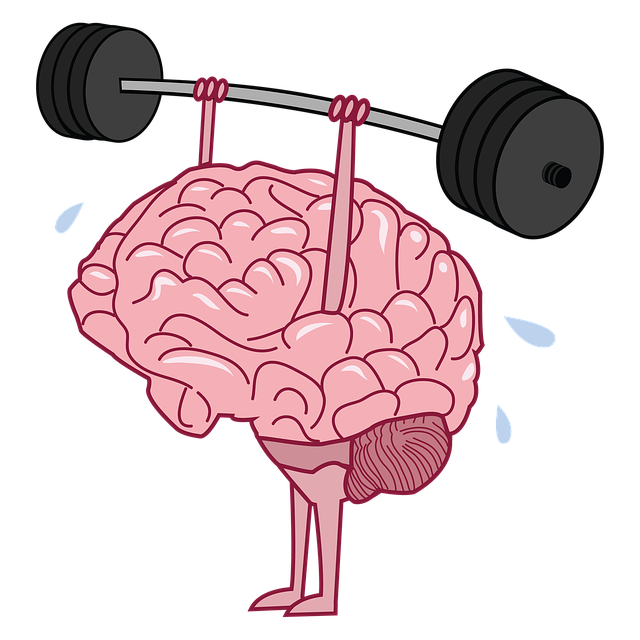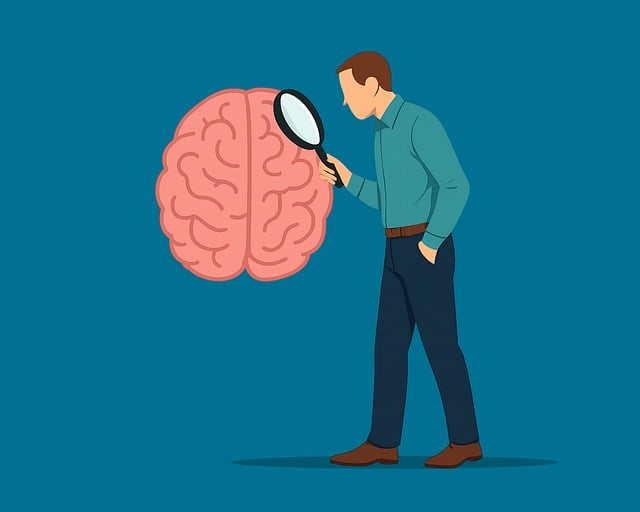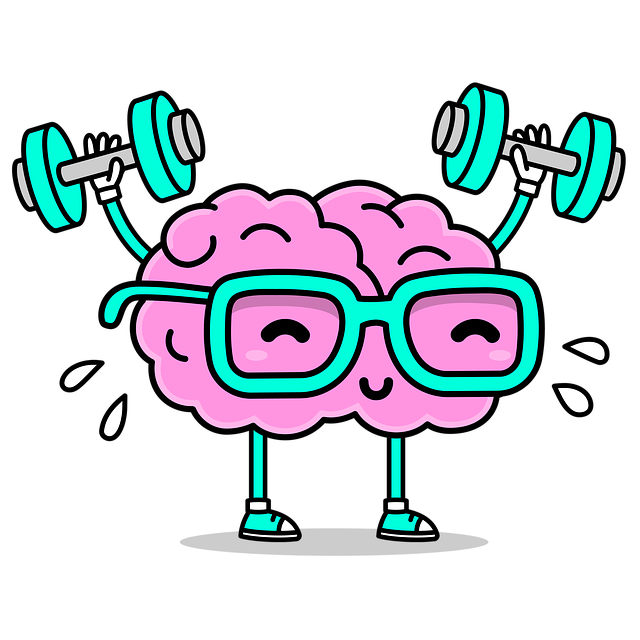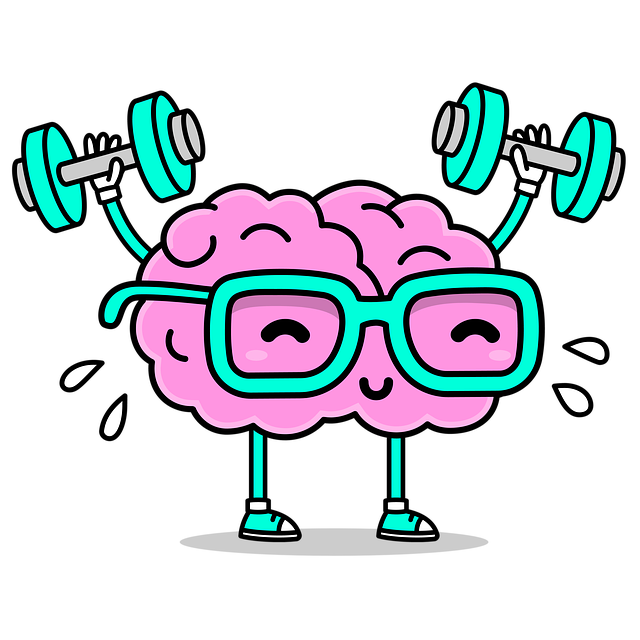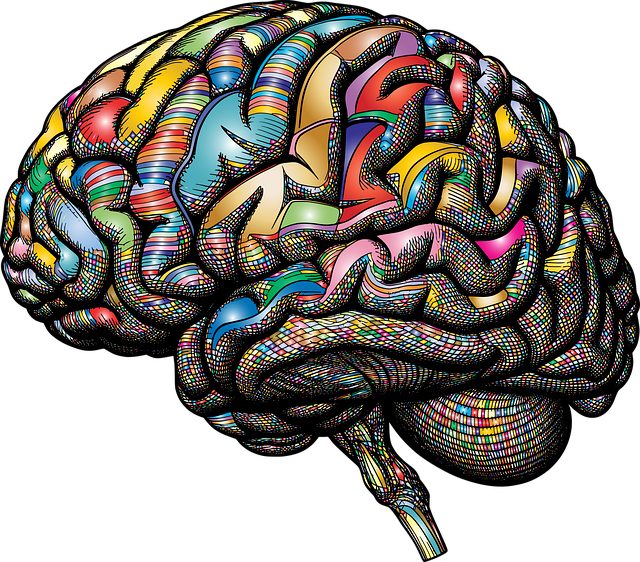Mental wellness is a vital aspect of adolescent health, especially for teens managing Attention Deficit Disorder (ADD) or ADHD. Early therapy intervention is crucial in helping them cope with symptoms and build resilience. Unaddressed mental health issues can escalate to anxiety, depression, or PTSD. Tailored self-assessment tools are essential for understanding and managing ADD/ADHD, enabling personalized therapy strategies like Mind Over Matter principles and Mental Wellness Journaling. Online platforms offer innovative digital therapy solutions, enhancing assessments and providing continuous support through interactive sessions, stress management exercises, and conflict resolution techniques, ultimately improving mental wellness outcomes for affected adolescents.
Mental wellness is a crucial aspect of adolescent development, yet many teens struggle silently with their mental health. This article delves into strategies for empowering adolescents through self-assessment tools tailored to their unique needs. We explore the profound impact of mental wellness on teens and its connection to conditions like ADD/ADHD. By understanding these factors, we can develop effective therapy strategies focusing on personalized approaches for optimal adolescent mental well-being, including the integration of digital solutions for continuous support and assessment, specifically targeting therapy for adolescent teens with ADD-ADHD.
- Understanding Mental Wellness and Its Impact on Teens
- Identifying ADD/ADHD Symptoms and Their Relationship to Mental Health
- The Need for Personalized Self-Assessment Tools for Adolescents
- Developing Effective Therapy Strategies for Teen Mental Health
- Integrating Digital Solutions for Continuous Support and Assessment
Understanding Mental Wellness and Its Impact on Teens

Mental wellness is a crucial aspect of overall health, especially for adolescents navigating their formative years. For teens dealing with issues like Attention Deficit Disorder (ADD-ADHD), managing mental health can be particularly challenging. Therapy for adolescent teens plays a pivotal role in supporting them through these difficulties, offering strategies to cope with symptoms and fostering resilience.
Understanding the impact of mental wellness on teens is essential as it influences their ability to learn, interact socially, and make decisions. Unaddressed mental health concerns can lead to more severe issues such as anxiety, depression, or even post-traumatic stress disorder (PTSD), requiring additional trauma support services. However, with the right tools and support, teens can develop effective coping mechanisms, including stress management techniques and mindfulness meditation practices, to navigate their emotional well-being.
Identifying ADD/ADHD Symptoms and Their Relationship to Mental Health

Many adolescents struggle with Attention Deficit Disorder (ADD) or Attention Deficit Hyperactivity Disorder (ADHD), which can significantly impact their mental wellness. Recognizing these symptoms is vital for a comprehensive self-assessment as they often present unique challenges to overall well-being. While ADHD is characterized by inattention, hyperactivity, and impulsivity, undiagnosed ADD may manifest as difficulty concentrating, forgetfulness, and restlessness, affecting academic performance and social interactions.
Early identification through therapy for adolescent teens with ADD/ADHD can be transformative. Mental health professionals should consider implementing community outreach program initiatives to raise awareness, offering tailored support systems, and guiding affected individuals toward effective self-care routine development. This holistic approach to risk assessment ensures a more profound understanding of mental health concerns, fostering better outcomes for those dealing with these conditions.
The Need for Personalized Self-Assessment Tools for Adolescents

The well-being of adolescent teens is a growing area of concern, with mental health issues becoming increasingly prevalent among this age group. Personalized self-assessment tools are crucial in addressing unique challenges faced by adolescents, many of whom struggle with Attention Deficit Disorder (ADD) or Attention Deficit Hyperactivity Disorder (ADHD). These tools offer a tailored approach to understanding and managing their mental wellness, especially when it comes to identifying specific areas of distress.
Given the complex nature of adolescent development and the potential impact of trauma on emerging minds, effective self-assessment is vital. It enables teens to actively participate in their therapy and promotes self-awareness, a key aspect of improving self-esteem and overall mental resilience. By incorporating tailored assessments, Trauma Support Services can better cater to individual needs, ensuring that Public Awareness Campaigns Development reaches the right audiences and provides relevant guidance for those facing ADD/ADHD or other mental health challenges.
Developing Effective Therapy Strategies for Teen Mental Health

The mental health landscape for adolescents is ever-evolving, and developing effective therapy strategies is paramount to addressing emerging challenges. For teen mental wellness, focusing on evidence-based practices tailored to this demographic is crucial. One such approach is incorporating Mind Over Matter Principles into therapeutic interventions. These principles encourage teens to develop resilience and coping mechanisms by harnessing their thoughts and emotions, fostering a sense of self-control and empowerment. By teaching them to challenge negative thought patterns and promote positive self-talk, therapists can enable adolescents to navigate stressors more effectively.
Additionally, integrating Mental Wellness Journaling Exercise Guidance into therapy sessions offers a creative outlet for teens to express their feelings and track progress. Journaling allows them to reflect on triggers, identify coping strategies, and gain insights into their emotional patterns. This practice not only complements traditional talk therapy but also contributes to mental illness stigma reduction efforts by normalizing self-exploration and encouraging proactive mental health management. Through these tailored strategies, therapists can offer comprehensive support for adolescent teens grappling with issues like ADD/ADHD, ensuring they receive the care that addresses both their unique needs and the complexities of their developing minds.
Integrating Digital Solutions for Continuous Support and Assessment

In today’s digital era, integrating innovative solutions like online platforms and apps can significantly enhance mental wellness self-assessment tools for adolescent teens with ADD/ADHD. These digital tools offer continuous support and assessment, allowing for regular monitoring of symptoms and progress. By incorporating features such as interactive therapy sessions, self-awareness exercises, and conflict resolution techniques, these platforms empower teens to actively participate in their mental health management.
Moreover, digital solutions provide a safe and accessible space where teens can practice stress management skills and learn coping mechanisms tailored to their unique needs. With regular interaction and feedback, these tools facilitate personalized growth and development, ultimately contributing to improved mental wellness outcomes. This approach ensures that adolescents receive consistent guidance and support, fostering resilience and self-efficacy in managing ADD/ADHD symptoms.
Mental wellness self-assessment tools are crucial in addressing the unique challenges faced by adolescent teens, particularly those with ADD/ADHD. By personalizing these tools and integrating digital solutions, we can enhance continuous support and assessment, enabling effective therapy strategies tailored to individual needs. This comprehensive approach ensures that teen mental health receives the attention it deserves, fostering a healthier and more supportive environment for their development.


